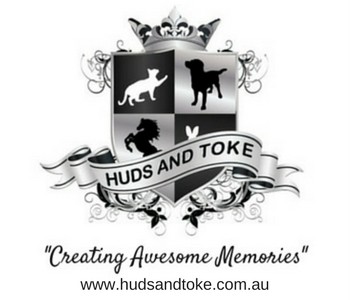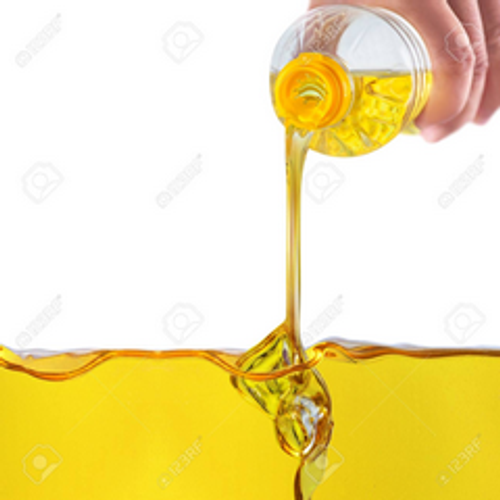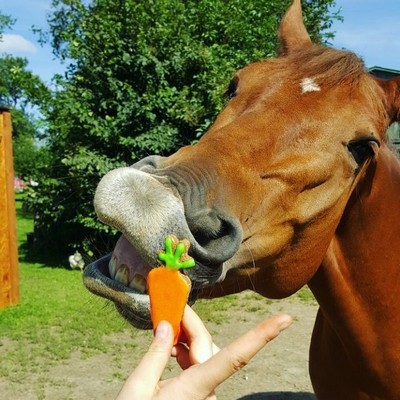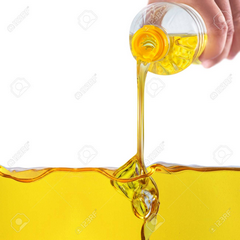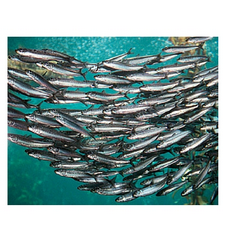Is Fat Important for a Healthy Horse?
Posted by Russell Gibbons on 10th Jul 2018
Just because we, as humans, try to avoid fat in our diet doesn’t mean our pets and horses should have a low fat diet as well!
Certain fats in the diet is really important and we as pet parents need to sometimes consider the dietary needs of our pets carefully.
Of course, horses do not eat meat so only fats derived from plant sources, or marine in some cases, are really applicable when it comes to adding them into your ponies diet.
Now it must be said, horses get oil from the grasses and herbage which they eat. So it occurs naturally.
Further to that, fats and oil are super important.
Firstly, necessary fat-soluble vitamins can only be delivered via the small intestine if there is an adequate amount of oil and fat within their diet.
These fat-soluble vitamins include A, D, E and K.
These are all vital to the horse’s health, however, they are only soluble in fat, which means they cannot be delivered in any other way with regards to the diet.
Secondly, Essential Fatty acids can only be derived and metabolised from Polyunsaturated fats.
Omega 3 and Omega 6 are both Essential Fatty Acids and are essential to the horse for a healthy immune system, cell membrane structure and nervous system function.
Most pastures and hay will provide enough of these naturally so don’t worry about it too much, however, there can be other reasons to feed your pony some extra fat!
Increase Calories –
This is the main reason one would add some extra fat and oil to their feed. To increase their calorie intake without fundamentally increasing the volume of food they need to eat.
This can help horses during the winter when they need more calories just to generate the warmth they need to stay comfortable.
It also will help horses which are doing a lot of exercise as well.
Fat contains 2 ½ times more energy than carbohydrates so it is a really viable way of getting the right amount of energy available for your horse to absorb and then use.
Increase Skin and Coat health –
Adding omega-3s to a horse’s diet promotes healthy skin and might also boost the immune system and combat a variety of inflammatory conditions.
Further to this, Vitamin A, D and E are super important to the health of their skin. Therefore, healthy skin, means a healthy shiny coat.
Management of Gastric Ulcers –
Many people believe that adding some fat to the diet will assist in managing ulcers should you have a horse which suffers these.
There isn’t much research to back this up other than some fat in the diet will slow the emptying of the stomach and form a temporary barrier. This in-turn reduces gastric acid production which lessens the severity of the ulcer.
OK, so what are good fat's to feed my horse, I hear you ask???
Vegetable Oil (ideally single Plant)
- Canola Oil
- Soybean Oil
- Sunflower Oil
- Coconut Oil
- Flaxseed Oil
Fish Oil
- these are high in Omega 3's but don't be surprised if your horse will turn it's nose up at it. Sometimes they will find the smell of Fish Oil unpleasant.
The thing to remember here is that fats are important to your horses health.
At Huds and Toke, we even add Coconut oil into some of our Horse Treats specifically with your horses health in mind!
So just because we believe in different diets doesn’t mean that we should be pushing those beliefs onto our animals.
If you need to consider supplementing, it is always a good idea, regardless if you have a pet dog or a horse, to consult your vet professional first.
Hope this helps and all the best from the team @ Huds and Toke ™.
#Hudsandtoke
@hudsandtoke
